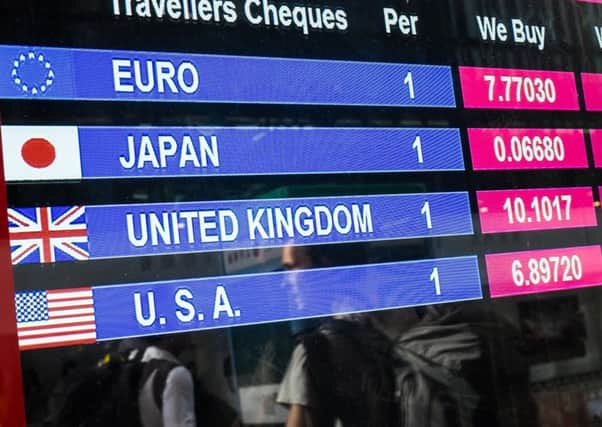How to manage your investments amid Brexit turmoil


It is possible that this volatility will continue in the coming weeks as markets seek clarity about what happens next. Given that there is currently little certainty, we seek facts. We know the UK has voted to leave the EU, we know markets have fallen, we know economic and political uncertainty will continue, and we know uncertainty drives negative market sentiment.
Now is not the time to sell. It is rarely the right choice to sell in panic. It is easy to be concerned by volatile stock markets, but if you sell out after markets have fallen you are crystallising your investment losses and will therefore miss out on any subsequent recovery.
Advertisement
Hide AdAdvertisement
Hide AdRemember that investing is for the long term. If you are investing, you need to take a long-term approach and be prepared to ride out any short-term market falls or volatility; if you can’t then you probably shouldn’t be investing in the first place.
Trust in diversification. You need to make sure that you have a suitable level of diversification in your portfolio. A good spread of investments will help buffer you from the worst of any stock market falls. For most people it is sensible to have your investments spread across a mix of different asset classes such as shares, fixed interest, property and cash. This will reduce your risks.
Falling markets can present buying opportunities. Remember falling markets can present buying opportunities. After markets have fallen it is usually better to be buying than selling. Think back to the financial crisis of 2008. One year on from hitting its lowest point the FTSE 100 had pulled back by more than over 60 per cent.
Seek independent financial advice. If you’re concerned about investment markets, perhaps because you’re worried that you’re taking too much risk, or if you want to take advantage of any opportunities created by stock market falls and aren’t fully confident to make your own decisions, then you should take independent financial advice.
• Patrick Connolly is a certified financial planner at Chase de Vere
